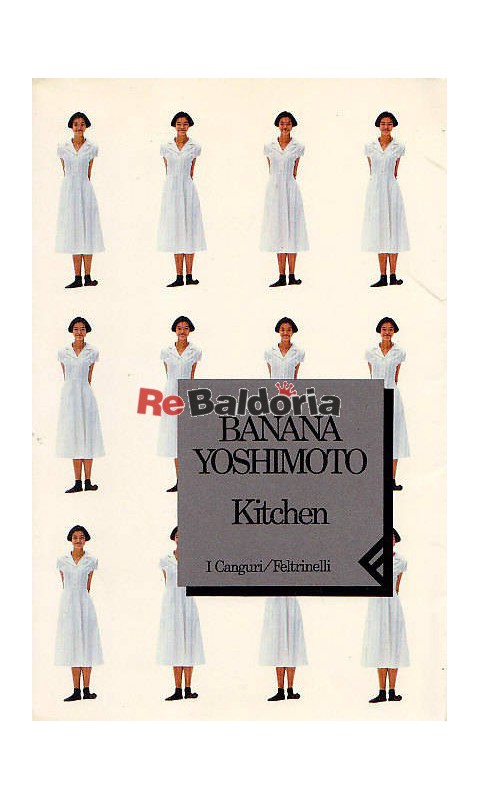

Observing the women pupils at a cooking school, Mikage feels how different she is: "Those women lived their lives happily. And Mikage herself typifies the confusion of young Japanese women, attracted as she is to kitchens and cooking as symbols of comfort and womanliness, yet trying to live independently. Yuichi and Eriko offer Mikage a huge sofa to sleep on, not a futon, and gleefully fill their apartment with electronic gadgets. Here are characters who disdain traditional meals made of tofu and pickled vegetables and instead tuck into doughnuts, sandwiches from Kentucky Fried Chicken and pudding cups from the local mini-mart. The English text feels choppy - this may be due to the author's style rather than the translation - and the translator, Megan Backus, uses Americanisms that sometimes sound odd coming from the mouths of Japanese characters.įor English-language readers, the appeal of "Kitchen" lies in its portrayal of the lives of young Japanese. Yoshimoto's work do not compensate for frequent bouts of sentimentality. Unfortunately, the endearing characters and amusing scenes in Ms. "Moonlight Shadow," the less satisfying story that fills out this volume, tells of a mysterious stranger who leads the young woman narrator - her voice sounds exactly like that of Mikage Sakurai - to a reunion with her deceased boyfriend. She is befriended by a young man, Yuichi Tanabe, and his glamorous transsexual "mother," Eriko, and in this household finds some peace - at least for a time. "I love even incredibly dirty kitchens to distraction - vegetable droppings all over the floor, so dirty your slippers turn black on the bottom." Left alone in the world when her grandmother dies, Mikage finds that her saddest moods are dispelled by the chance to scrub a refrigerator or even glimpse a busy kitchen from the window of a bus. "The place I like best in this world is the kitchen," Mikage announces in the very first line.

Yoshimoto was all of 24 years old when "Kitchen" was published in Japan in 1988 with its kooky young woman protagonist, Mikage Sakurai, the novel - a best seller that is now in its 57th printing - clearly has spoken to the author's contemporaries.

Yet today, though still small by American standards and still largely the domain of women, kitchens are the showcases of Japanese consumer affluence.īanana Yoshimoto's first novel evokes this modern opulence even in its title, which uses the trendy English loan-word kitchin rather than the Japanese term, daidokoro. $14.95.Ī JAPANESE maxim warns that "A gentleman does not go near a kitchen." Traditionally a cramped, dingy place - even in an otherwise well-appointed home - the old-fashioned kitchen revealed the low status of the women who spent much of their time there.


 0 kommentar(er)
0 kommentar(er)
